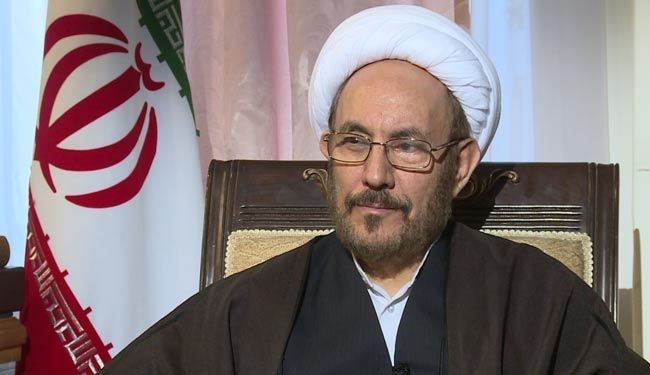
Presidential adviser Ali Yunesi, quoted last week in this space as claming Iran had re-established its great empire, has backtracked and said he was misquoted in the media.
His explanation of what he now says he was trying to say sounds reasonable and is furthermore consistent with the broad theme of his speech.
But others who attended his speech came away with the feeling that he had badly misspoken and used phrases that could provide fodder for Iran’s critics in the Arab world.
Mohammad-Ali Abtahi, a respected cleric who served as a vice president under President Mohammad Khatami, when Yunesi was minister of intel-ligence, complained of what Yunesi said, posting a Facebook comment immediately after attending the conference.
“Now that the Arab countries in the region have reached a relative unity with Israel on fears about Iran, these comments will be construed as the same threatening talk of Ahmadi-nejad,” Abtahi said. “Irrespective of their governments, people have a sensitivity to their land, and this kind of talk provokes people’s sensitivities.”
Yunesi is Rohani’s aide dealing with ethnic, tribal and religious minorities.
In his speech, he accused Iran’s enemies of creating propaganda by misconstruing his remarks at a March 8 conference on Iranian history and culture, saying that he was simply talking about an “historical and cultural unity” between certain countries in the region, including Iran, Tajikistan, Afghanistan and Iraq.
He said his proposal was for a “union” and “does not mean an empire should be reborn,” but rather that neighbors should cooperate to confront mutual threats. He said Iran’s official position is that “it respects the national boundaries and territorial integrity of other countries.”
Yunesi was most harsh-ly criticized for saying, “Currently, Iraq is not only part of our civilizational influence, but it is our identity, culture, center and capital, and this issue is for today and the past. Because Iran and Iraq’s geography and culture are inseparable, either we fight one another or we become one.”
He also said, “My meaning is not that we should remove our borders, but that all the countries of the Iranian plateau should become close because our interests and safety are intertwined.”
Some accounts of Yunesi’s speech reported Yunesi had said, “Iran today has become an empire like it used to be through history, and its capital is now Baghdad. That is the center of our civilization and our culture and our identity today, as it has been in the past.” That is the text the Iran Times reported, but it appears now to be a seriously flawed translation.
CNN Arabic wrote in its story that Yunesi said, “Iran is an empire and its capital is Iraq. We protect the region from Wah-habis, neo-Ottomans and atheists.” Al-Monitor said CNN Arabic incorrectly translated that segment, but it added that Yunesi did say Iran was helping protect the region from Wahhabi, takfiri, Zionist and Western domination.